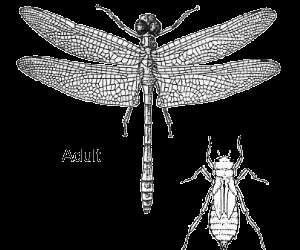Endo and Exoskeleton plus natural metaphors for organizational capacity
Mike Cardus
MAY 3, 2020
The use of metaphors for organization development , capacity building, and change can create multiple paths for you and your team to make decisions and solve problems. Business metaphors often return to McGregor’s theory x and theory y of manager’s perceptions of workers. Dragonfly and constraints on change.












Let's personalize your content